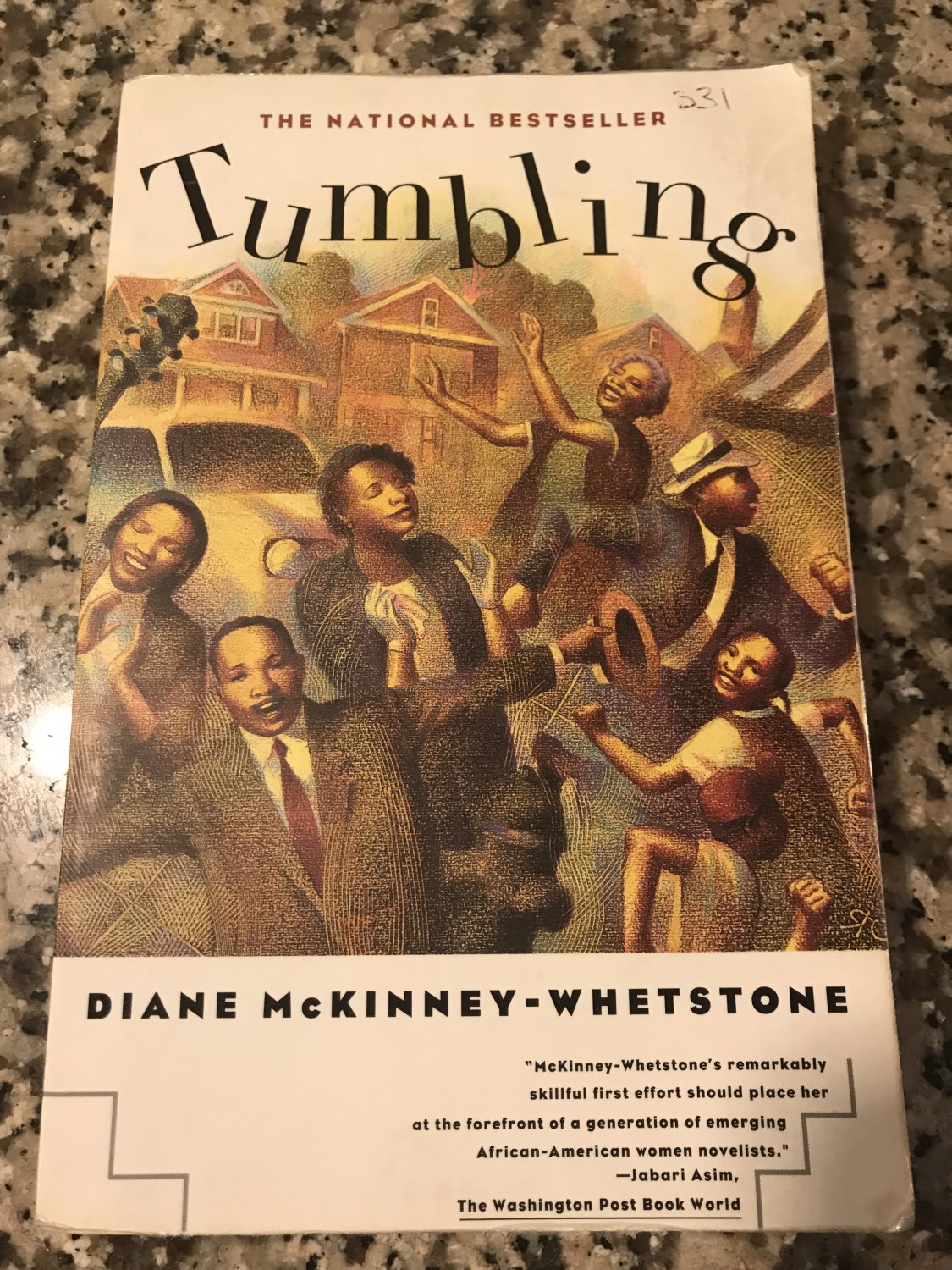

Aunt Posie is going to be fine, Rowe is revealed to be a soulless pretender, and Johnson and Verdi get it all back together. Stressed out by the whole business, Verdi goes to the brink of doing heroin again, but Sage will rescue her from disaster. But Kitt’s mute daughter, Sage, sees beautiful colors when Johnson and Verdi reconnect.

Is it peril or paradise? While Verdi’s torn between gratitude to Rowe and desire for Johnson, her aunt Posie has a stroke. But now that life seems a ho-hum round of scheduled pleasures, and when her cousin Kitt hooks up the former lovers, Verdi and Johnson’s passion reignites. He never did like Rowe, though he has to admit that his rival saved Verdi’s life. Now Johnson’s back in town, a drug-free fund-raiser for nonprofit organizations. Eventually, Rowe left Penda for Verdi, and they have lived in tense affection for several decades. After Verdi passed out in her own vomit in a campus men’s room, her snooty history professor, Rowe, chivalrously took her home, where he and his wife, Penda, nursed her back to stability, kept up appearances for her family, and prevented her expulsion from school. Flashbacks reveal that taking heroin was in part a dark spinoff of her wild love for Johnson, with whom she discovered the rapture of souls at age 19. Verdi is in her 40s, her past marked by a brief episode of heroin use in college during the 1970s. McKinney-Whetstone’s third novel (Tempest Rising, 1998, etc.) examines a contemporary African-American community in Philadelphia, but her elementary plot and monochromatic characters don-t leave much of an impression.


 0 kommentar(er)
0 kommentar(er)
